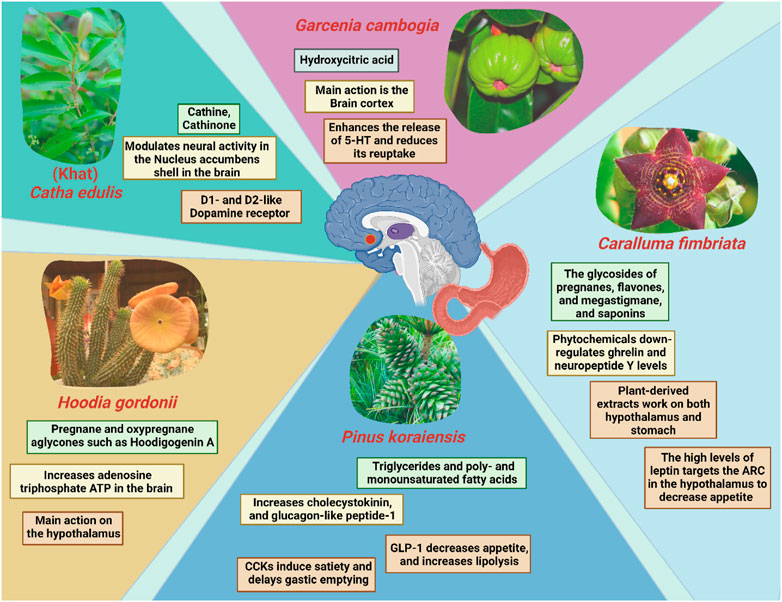Chinese herbal medicine has been used for thousands of years in the treatment of various health conditions. It is one of the oldest continuous systems of medicine in the world, dating back to at least 3,000 years. Chinese herbal medicine is based on the philosophy of Yin and Yang, the balance of the opposing forces in the body. It is believed that when Yin and Yang are in harmony, the body is healthy, and when they are out of balance, illness occurs.
Herbs are classified according to their energetic properties, taste, and therapeutic effects. They are often used in combination to enhance their therapeutic benefits and minimize any potential side effects. Chinese herbal medicine is a holistic approach to health and wellness, treating the underlying cause of the illness rather than just the symptoms.
In recent years, Chinese herbal medicine has gained popularity in the West as an alternative and complementary therapy to conventional medicine. Many people are turning to Chinese herbal medicine to treat chronic conditions, such as arthritis, asthma, diabetes, and hypertension, as well as to improve overall health and well-being.
The Science Behind Chinese Herbal Medicine
Chinese herbal medicine is based on a complex system of principles and theories that have been developed and refined over thousands of years. The main principles of Chinese herbal medicine include the concept of Qi, or vital energy, the theory of Yin and Yang, and the Five Elements theory.
According to Chinese medicine, Qi flows through the body along meridians, or energy pathways. When Qi becomes blocked or imbalanced, illness occurs. Chinese herbs are used to regulate the flow of Qi and restore balance to the body.
The Yin and Yang theory is based on the idea that all things in the universe are composed of two opposing forces that are in constant flux. In the body, Yin represents coolness, moisture, and stillness, while Yang represents heat, dryness, and movement. Health is maintained when Yin and Yang are in balance.
The Five Elements theory is based on the idea that the body is governed by five elemental energies - wood, fire, earth, metal, and water. Each element corresponds to a different organ system and is associated with specific emotions, colors, tastes, and seasons. Chinese herbs are used to support and nourish the different elements in the body.
The Practice of Chinese Herbal Medicine
In Chinese herbal medicine, herbs are prescribed based on the individual's constitution, symptoms, and underlying imbalances. The practitioner conducts a thorough evaluation of the patient's health, including a detailed medical history, physical examination, and pulse and tongue diagnosis. Based on this information, a personalized herbal formula is created to address the patient's specific needs.
Chinese herbal formulas typically contain a combination of herbs that work synergistically to enhance their therapeutic effects. Herbs are selected based on their energetic properties, taste, and therapeutic actions. Some herbs are used to tonify, or strengthen, the body, while others are used to disperse, or move, Qi and blood.
Chinese herbal medicine can be administered in various forms, including decoctions, powders, pills, and tinctures. Decoctions are the most traditional form of Chinese herbal medicine, in which raw herbs are boiled in water to extract their active ingredients. Powders and pills are convenient for those who have difficulty preparing decoctions. Tinctures are suitable for those who prefer liquid extracts.
The Benefits of Chinese Herbal Medicine
 Chinese herbal medicine offers a range of benefits for both acute and chronic health conditions. Some of the key benefits of Chinese herbal medicine include:
Chinese herbal medicine offers a range of benefits for both acute and chronic health conditions. Some of the key benefits of Chinese herbal medicine include:- Treating the root cause of illness: Chinese herbal medicine focuses on treating the underlying cause of the illness rather than just the symptoms. By addressing the root cause, Chinese herbal medicine can help prevent the recurrence of illness.
- Balancing Yin and Yang: Chinese herbal medicine is based on the principle of Yin and Yang, the balance of opposing forces in the body. By restoring balance to the body, Chinese herbal medicine can promote overall health and well-being.
- Enhancing the immune system: Chinese herbal medicine can help strengthen the immune system and improve the body's ability to fight off infections and disease.
- Providing natural and holistic care: Chinese herbal medicine is a natural and holistic approach to health and wellness that focuses on the whole person, Natural nausea relief (https://git.r.tender.pro/) not just the disease.
- Minimizing side effects: Chinese herbal medicine is generally safe and well-tolerated when prescribed by a qualified practitioner. By using a combination of herbs, side effects can be minimized.
Conclusion
Chinese herbal medicine is a powerful and effective form of therapy that has been used for thousands of years to treat a wide range of health conditions. Based on the principles of Qi, Yin and Yang, and the Five Elements, Chinese herbal medicine offers a holistic approach to health and wellness, treating the root cause of illness rather than just the symptoms.
 As more people turn to alternative and complementary therapies, Chinese herbal medicine is gaining popularity in the West as a safe and effective treatment option. With its ability to balance Yin and Yang, enhance the immune system, and provide natural and holistic care, Chinese herbal medicine has the potential to revolutionize the way we approach health and wellness in the 21st century.
As more people turn to alternative and complementary therapies, Chinese herbal medicine is gaining popularity in the West as a safe and effective treatment option. With its ability to balance Yin and Yang, enhance the immune system, and provide natural and holistic care, Chinese herbal medicine has the potential to revolutionize the way we approach health and wellness in the 21st century.





